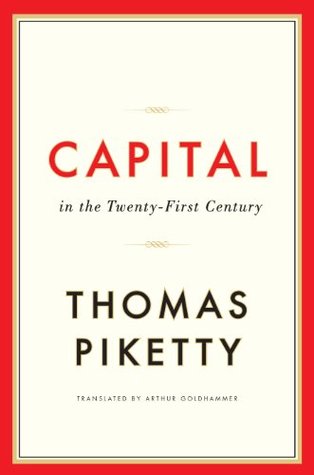and thus in a sense the failure of the French Revolution. Although the revolutionary assemblies established a universal tax (and in so doing provided us with a peerless instrument for measuring the distribution of wealth), the tax rate was so low (barely 1–2 percent on directly transmitted estates, no matter how large, throughout the nineteenth century) that it had no measurable impact on the difference between the rate of return on capital and the growth rate.
Welcome back. Just a moment while we sign you in to your Goodreads account.


